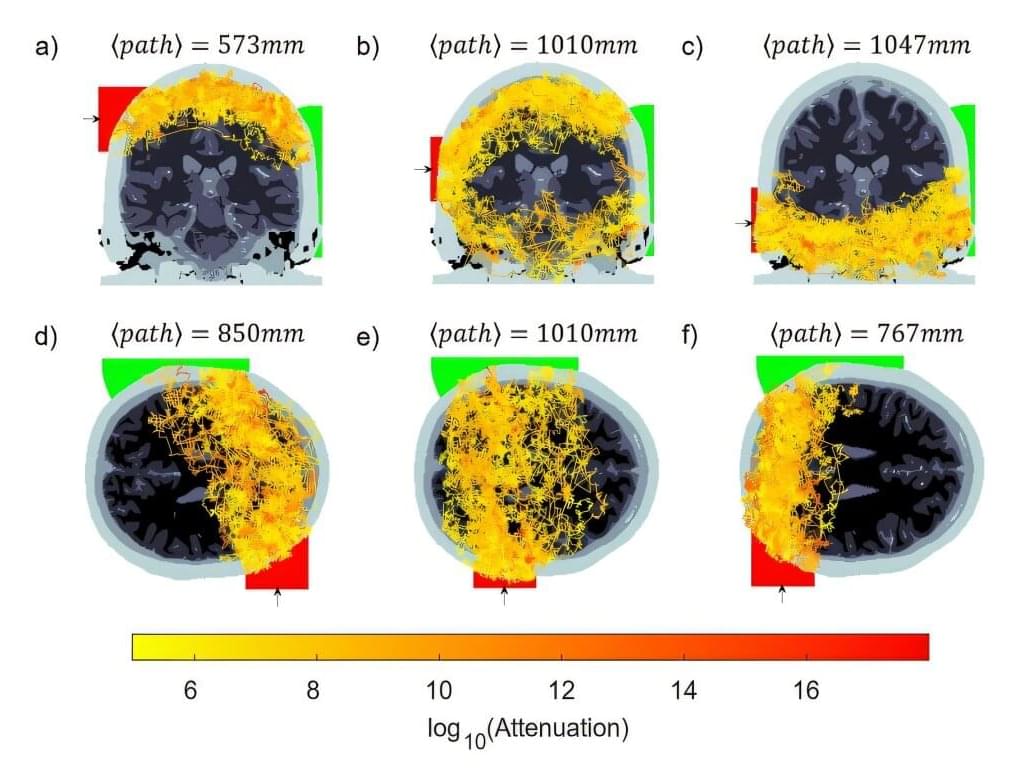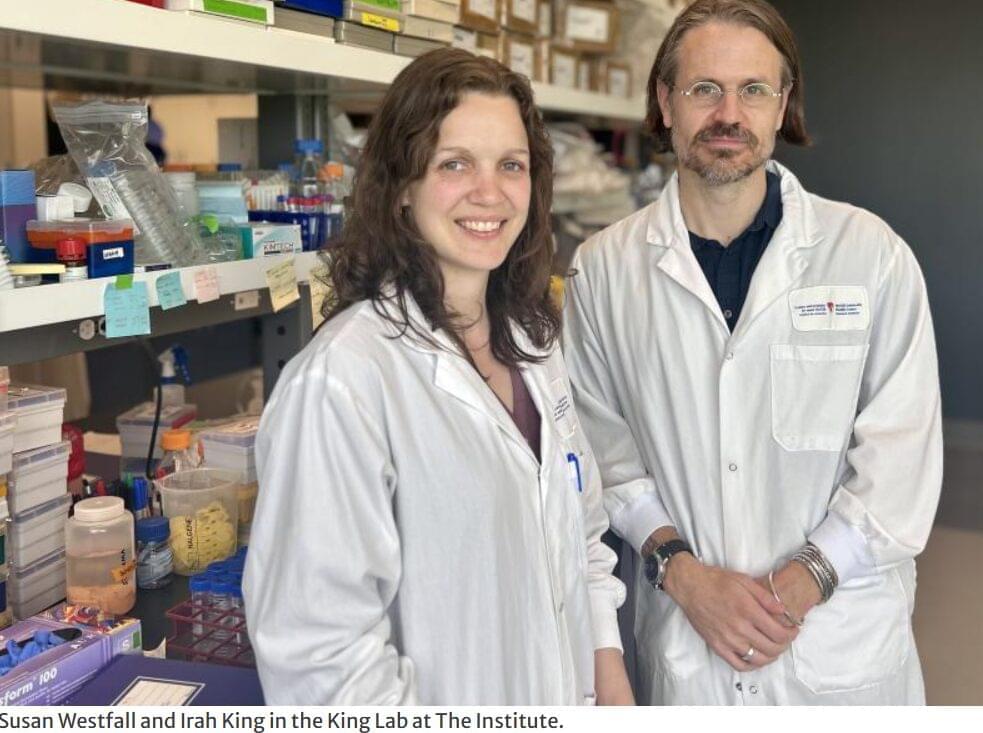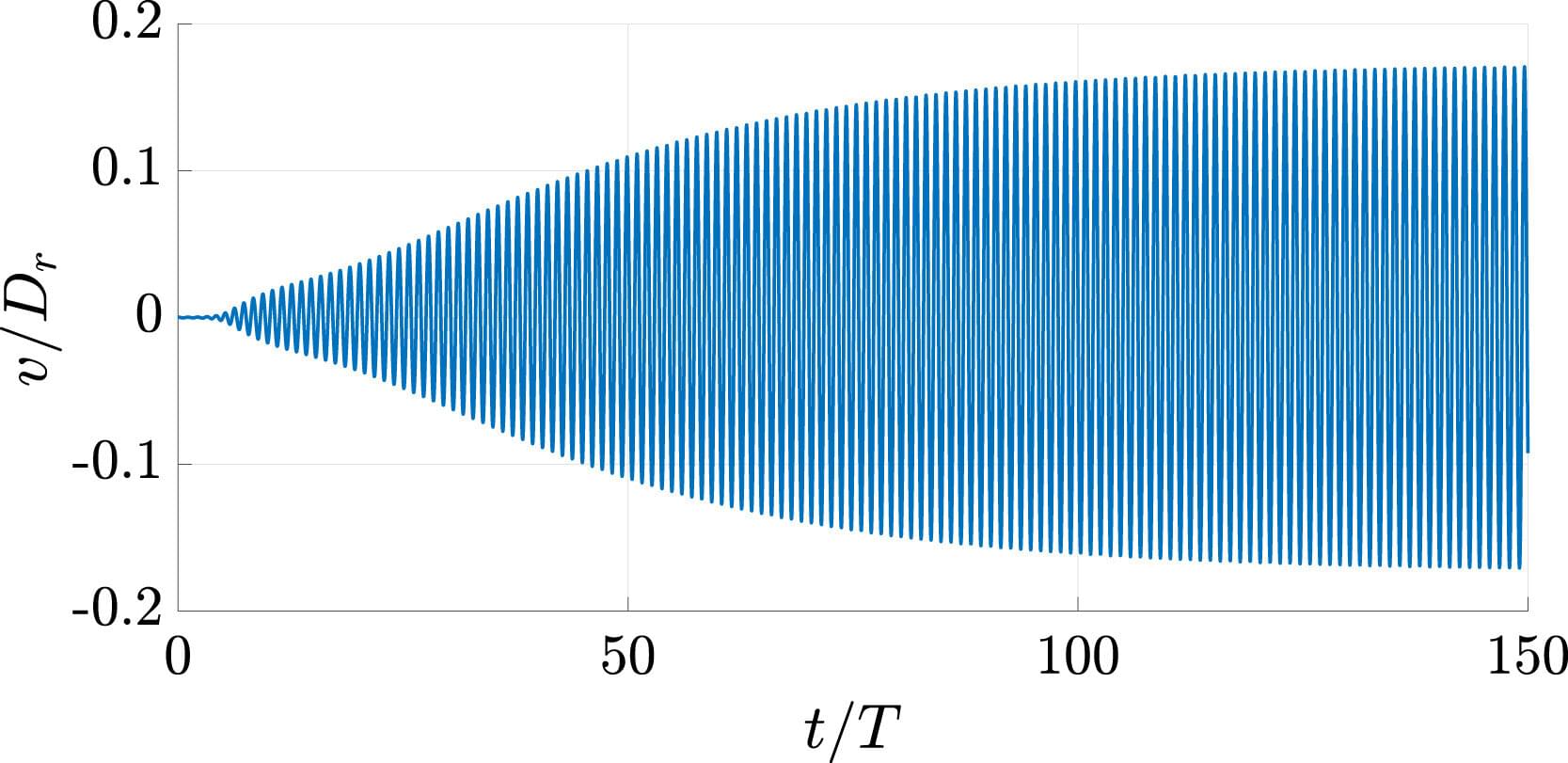Scientists are analysing the smells of space – from the aroma onboard space stations to planets hundreds of light years away – to learn about the makeup of the Universe.
Get the latest international news and world events from around the world.

Scientists detect light passing through entire human head, opening new doors for brain imaging
For decades, scientists have used near-infrared light to study the brain in a noninvasive way. This optical technique, known as fNIRS (functional near-infrared spectroscopy), measures how light is absorbed by blood in the brain, to infer activity.
Valued for portability and low cost, fNIRS has a major drawback: it can’t see very deep into the brain. Light typically only reaches the outermost layers of the brain, about 4 centimeters deep—enough to study the surface of the brain, but not deeper regions involved in critical functions like memory, emotion, and movement.
This drawback has restricted the ability to study deeper brain regions without expensive and bulky equipment like MRI machines.



Researchers uncover novel immune mechanism that protects the intestine
A team of scientists at the Research Institute of the McGill University Health Center (The Institute) has made a landmark discovery that sheds light on how the immune system protects the gut during infection. By studying intestinal worms—also known as helminths—the team, led by Professor Irah King, uncovered a previously unknown immune mechanism that preserves intestinal function in the presence of persistent infection.
Their finding, published in the journal Cell, could pave the way for new treatments for helminth infections, which affect over two billion people worldwide at some point in their lives, as well as for other intestinal diseases.
The results could also help revisit older therapeutic strategies that were previously dismissed due to an incomplete understanding of biological processes.


UP Researchers Predict Antimicrobial Resistance Using AI Models
Escherichia coli (E. coli) is a common bacterium that lives in the intestines of animals and humans, and it is often used to identify fecal contamination within the environment. E. coli can also easily develop resistance to antibiotics, making it an ideal organism for testing antimicrobial resistance—especially in certain agricultural environments where fecal material is used as manure or wastewater is reused.

Optimal design could unlock the potential of bladeless wind turbines
Insights from a new study could help unlock the full potential of a developing form of smaller-scale wind power generation, researchers say.
Engineers from the University of Glasgow have used sophisticated computer simulations of bladeless wind turbines (BWTs) to identify for the first time how future generations of the technology could be built for maximum efficiency.
The team’s paper, titled “Performance analysis and geometric optimisation of bladeless wind turbines using wake oscillator model,” is published in Renewable Energy.

